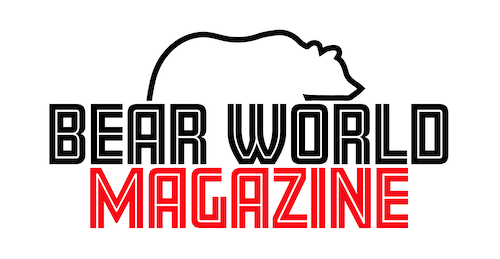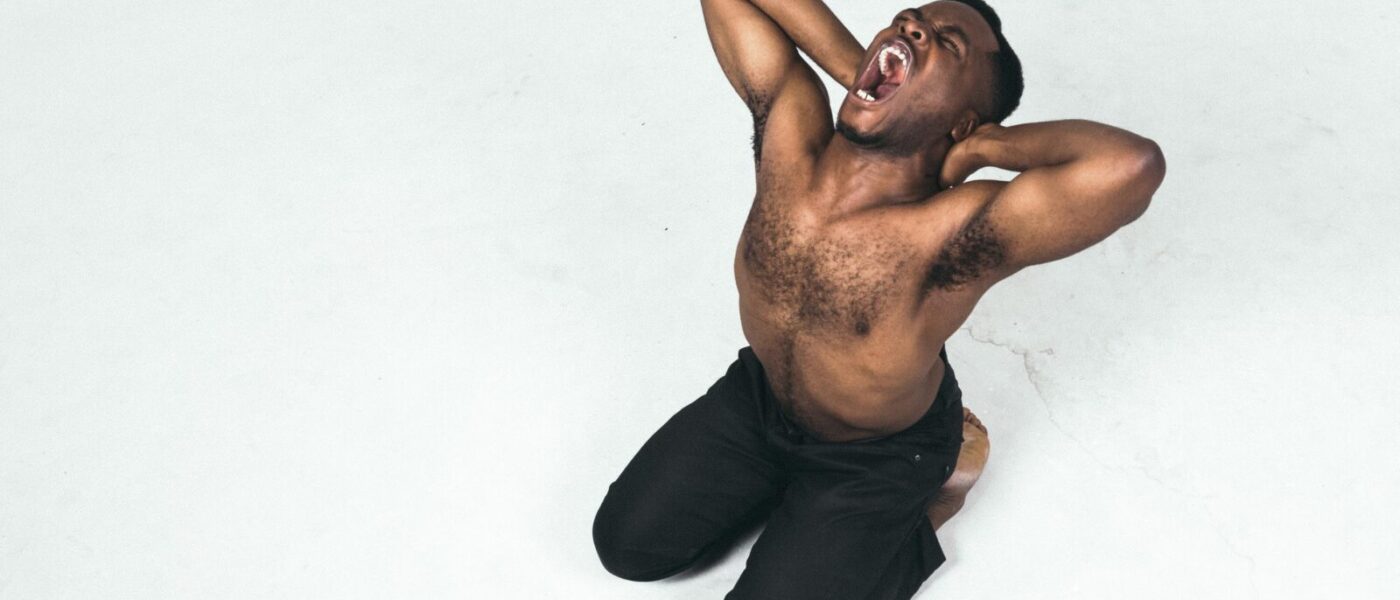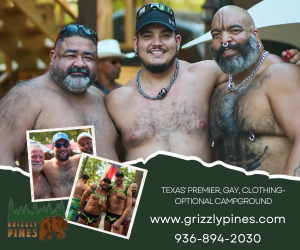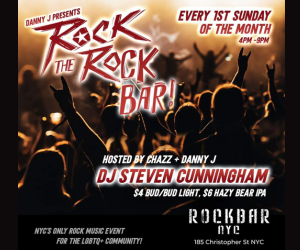Gay Times article explores sexual racism and fetishization in the LGBTQ+ community
Sexual racism in the LGBTQ+ community is nothing new. From the “It’s just a preference” guys we meet in bars and clubs, to the “No Blacks, Asians or Latinos” guys we meet on dating apps, there seems to be a pervasive belief that discriminating against someone under the guise of “preference” is a suitable way to avoid tackling or dissecting their deep-seated racism.
Recently, I read a Gay Times article entitled “I spoke to 25 men about race-based sexual ‘preference’, here’s what happened…” by UK-based writer Lerone Clarke-Oliver. In this piece, Clarke-Oliver provides a brief history of the term “sexual racism” before exploring some of the reasons and explanations given by those he interviewed, and how race and desire intersect to weave a very complex web in the LGBTQ+ community.
I reached out to Clarke-Oliver to discuss what moved him to investigate this particular subject.
“Initially I wanted to investigate how the resurgence of the Black Lives Matter movement had impacted our community; were we being more introspective? Were we finally ready to admit what our race-based sexual preferences really were?” he stated.
“However, after many conversations, I started to understand how complex and confused our community’s relationship with desire and race is. Disregarding an entire group of people because of their race is racism, even when rebranded as preference. Drawing pleasure from a group of people based on racial sexual-stereotyping is just as damaging. I realised the real value in this piece was, in fact, for us all to ask ourselves: ‘if there is a group of people exclusively excluded because of their race, why is that?’ Or ‘Why do I ‘prefer’ this race?’”
The Black Lives Matter movement has garnered international attention this year, sparking much-needed discourse about racism and systemic discrimination. But here, Clarke-Oliver not only discusses how White men have a tendency to either fetishize Men of Color or disregard them completely, but he also discusses Men of Color who prefer to date outside their own race.
One of the Men of Color he spoke with was Leon*, a Birmingham-based gay Black man who has, until recently, exclusively dated outside of his race. “While I had questioned my dating choices before the pandemic, it was during lockdown, the cultural conversation on race and Black Lives Matter [that] I had space to really ask myself: ‘why’ I dated the men I had,” said Leon.
“The world consistently tells Black men we have little value. Over time I have learned to value myself, and in turn, other Black men have become more attractive to me. It’s been the most shocking revelation of how racism and white supremacy can affect all people. I now question what it was about me these men ‘actually’ found attractive.”
Like Leon, many Bears lean more toward Eurocentric beauty standards. I’ve seen it within the Bear community — Black Bears who appear to only exclusively date White men, or White Bears who conveniently “miss” messages from my Black friends on dating apps and social media, while simultaneously possessing an entire Friends List that’s devoid of color.
And, if these exclusively White-loving Bears aren’t conveniently “missing” messages, they’re bold and proud about their “preferences” on their profile — “No Blacks, no Asians, no Latinos. Sorry, it’s just a preference.”
The article also tackles the other side of sexual racism: Fetishization. This concept comes up in Clarke-Oliver’s conversation with Victor*, who moved to the UK from the Caribbean.
“Coming from a predominantly Black culture to London was a real culture shock. I’ve had to devise ways to figure out if white men are fetishising my dark skin, or if my skin is simply part of the package that is me. It, at times, has been exhausting,” says Victor.
The issue of fetishization is way more prevalent than some may realize, since many White men who fetishize appear either unaware that what they’re doing is indeed fetishization, or selectively ignorant. For every White man who disregards Men of Color, another believes that he is on the right side of things by announcing his exclusive love for Black men or “BBC”, exposing yet another problematic preference.
“My husband and I [both white] both say that the less attractive Black man is still more handsome and sexy than a good looking white man,” says one of the men interviewed through email.
“For us, often is their voice, could be their body curves, but it’s mainly down to the colour of the skin and face features. So yes. Colour of the skin. Let’s say it loud! For centuries Black skin has been denigrated, and this still happens. So why not talking about Black skin as a plus, as an attractive feature? Is this generalising? Maybe. [sic]”
The message here is extremely problematic, but one that the guy obviously doesn’t recognize as such. As Clarke-Oliver comments:
“The idea of seeking out ‘unattractive’ Black men remains unquestionably predatory. Identifying something that could be considered a vulnerability and leveraging that for one’s own sexual fulfilment is indefensible. The power dynamic speaks for itself, and what does it say of white men who think this predatory behaviour is justifiable?”
Clarke-Oliver digs even deeper, discussing the impact of race-based rejection, stigma and low-self esteem, and why it may be the driving force behind many of the mental health issues plaguing the LGBTQ+ and BIPOC communities. “Ethnic minority gay and bisexual men are at disproportionately high risk of poor mental health partly because they tend to face more stigma from their families, and ethnic and religious communities”, says Professor Rusi Jaspal, Chair in Psychology at Nottingham Trent University, and author of The Social Psychology of Gay Men (2019).
“These groups matter to them. Many hope to find acceptance on the gay scene but instead encounter racism. This racism comes in many distinct forms – from rejection because of one’s ethnicity to fetishization because of their ethnicity. These experiences in gay spaces can make ethnic minority gay and bisexual men derive low self-esteem and feel that they are somewhat flawed because of their ethnicity.”
The questions presented in this article are all ideas that we should absolutely be challenging and dissecting in our own circles. Undoubtedly, it comes down to representation as a legitimate way to combat much of the sexual racism in the LGBTQ+ community.
“There needs to be much more visibility of ethnic minority people,” say Professor Jaspal. “Empathy is important too – people who have never faced racism should try to understand how it feels for those singled out or denigrated solely because of their ethnicity. This may prompt some to re-think the things that say and do.”
Read the full article here.





















